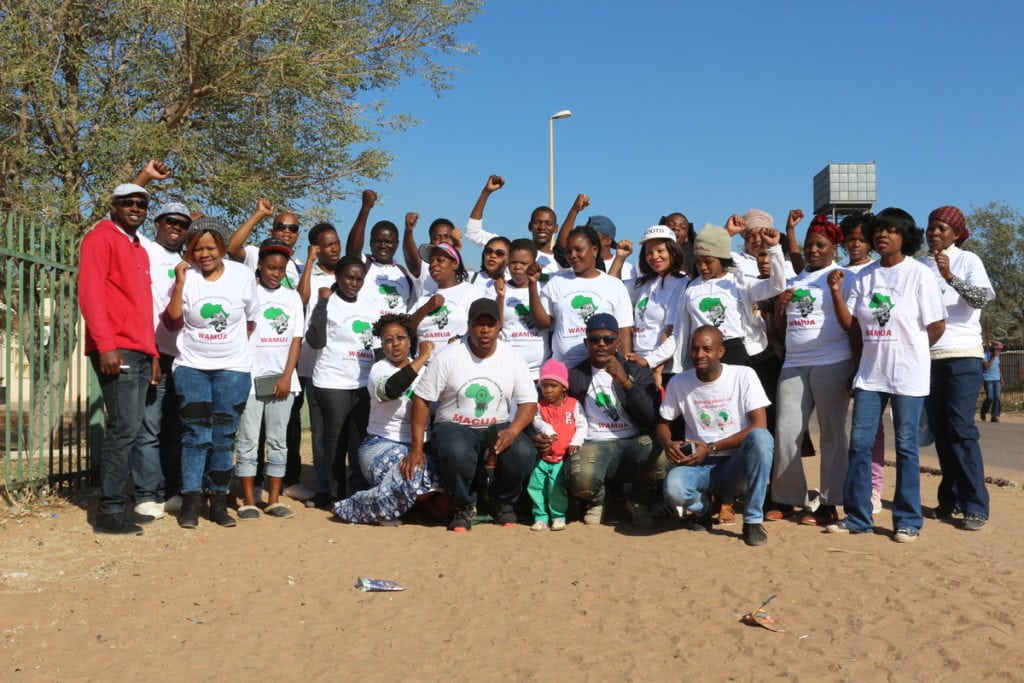Bringing Cinema to Everyone in South Africa
In South Africa few people go to the movies regularly, mainly because the price is so high. As a result, Sunshine Cinema started their mission of bringing films to communities in South Africa where going to the movies regularly wasn’t possible. Filmmakers Rowan Pybus and Sydelle Willow started Sunshine Cinema in 2013 so they could share empowering films with everyone.
Sunshine Cinema places an emphasis on African films in a culture that is heavily saturated with American and European films. Not only do they want to have entertaining content, but content that sparks conversations about political, cultural, and economic situations that affect South Africans. In addition to wanting to bring films with substance made by Africans to the masses, their film stations are solar powered and mobile – they can be set up anywhere, especially in under privileged and rural areas. This is their unique way of sparking change without contributing to climate change.
Alaska Declares Emergency for Indigenous Languages
The Governor of Alaska, Bill Walker, has signed an emergency declaration for Alaskan Indigenous languages. Over the past few decades, the use of these languages has been declining at a steady rate. Historically, institutions such as boarding schools that banned the use of children speaking Indigenous languages, have greatly contributed to the decline. There are only twenty recognized Indigenous languages today in Alaska.
A report done earlier this year predicted that these Indigenous languages wouldn’t survive into the 21st century at its current rate of decline. There are organizations that are already doing their part to try to preserve these languages. The Doyon Foundation, a nonprofit, is creating online language classes for nine Indigenous languages native to its Interior region. Every effort must be made to help preserve the Indigenous languages of Alaska.
Women Climb Kilimanjaro to Fight Stigma Against Albinism
Six women from various African countries are set to climb Mount Kilimanjaro to fight back against stigma surrounding albinism. People who have albinism – a rare condition where the skin, hair, and eyes lack pigmentation – are often attacked and shunned throughout Africa due to a lack of awareness about the condition. They are also often targeted for their limbs, which in some areas, are believed to bring good luck. Each of the women have had to overcome difficult obstacles due to misconceptions around albinism.
One of the women had her arms cut off by three men while she was asleep. With the support of a charity and prosthetics, she started her own knitting business and is now an influential activist in Tanzania. The women’s climb up Kilimanjaro, the tallest mountain in Africa, is a message to others with albinism that they matter, and they can accomplish great things if given the opportunity. The women have been training for the climb and have a team consisting of a doctor and a film crew supporting them. They’re expected to start the climb on October 1 and hope to reach the summit by October 7.

